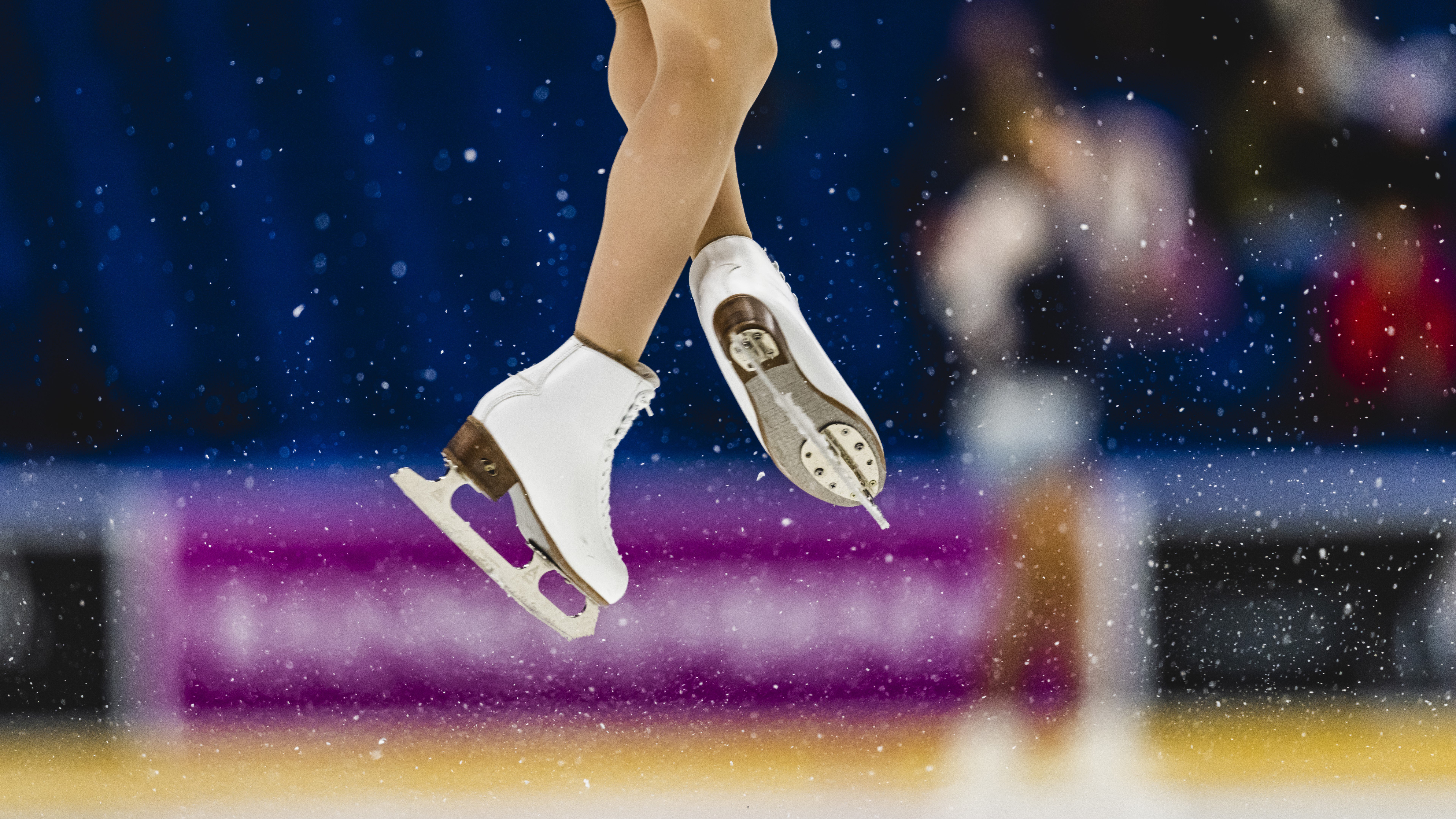For anyone, practicing self-care is a great way to boost your mental health. Here are five ways to practice self-care that can be utilized both inside and outside of the rink.
- Invest in relationships and cultivate social support. The research is strong that social supports mitigate and even reverse the adverse effects of mental stress. Create a network of family, friends and sports medicine team members that you can turn to in times of need, to seek information from, to feel a sense of belonging with and/or help mentor and guide you. For busy athletes and families’ social supports can often become de-prioritized. Hint: Taking the time for this is well worth it.
- Identify your go-to trusted adults whose support you can seek in the event you are emotionally struggling or you or someone you know is experiencing a mental health concern that needs immediate attention. Examples might be a family member, primary care physician, school counselor, sport psychologist or coach. Be sure to ask them if they are comfortable serving as your point person to mitigate mental health concerns. Also, be sure to have an emergency number (i.e., 988 crisis and suicide hotline; 911 emergency assistance) ready for yourself or a friend who might be in need. Memorize it!
- Get outside and closer to nature! Being indoors all day long with an active brain warrants multiple moments of recovery throughout the day. Changing body temperature and when possible getting closer to nature can have a calming effect. Hint: Between sessions, splash your face with cold water or walk outside and notice what you hear, see, smell, feel and taste.
- Get curious about your emotions. Researcher, Brené Brown, has identified 87 core emotions that can be commonly triggered by 13 common life experiences. Research shows that clearly identifying and naming our emotions can help us to take a step back from our feelings, respect the person behind the emotion and more effectively navigate a way through the emotions. Hint: Remember that emotions are temporary—when feeling difficult emotions, remind yourself that these emotions will not last forever!
- Practice mindfulness by paying attention to your breath or a physical object (i.e., your water bottle, the zipper on your jacket or something in your surroundings). When your mind wanders or becomes scattered, gently bring it back to your breath or the object you’ve chosen. Practicing this for up to 12 minutes a day can have a positive impact on attention, mood, and performance. Hint: Paying attention on purpose, in the present moment, without judgment is likely your “way of being” when you skate and feel your best!
- Ask yourself questions you can answer, because when we are faced with uncertainty, we tend to ask ourselves questions that have no immediate answers. Here are some questions to get you started:
- Pre-Practice Question Example:
- What strengths can I bring to our practice/performance today?
- Mid-Practice Question Example:
- Is your mind in the past, present or future right now?
- Post-Practice Question Example:
- What did I/we do well in today’s practice/performance?
- What can I/we learn from today’s practice/performance?
- What do I want to let go of from today’s practice/performance?
- What good things about myself, my skating and my life are the same regardless of how today’s practice went?
- Pre-Practice Question Example:


